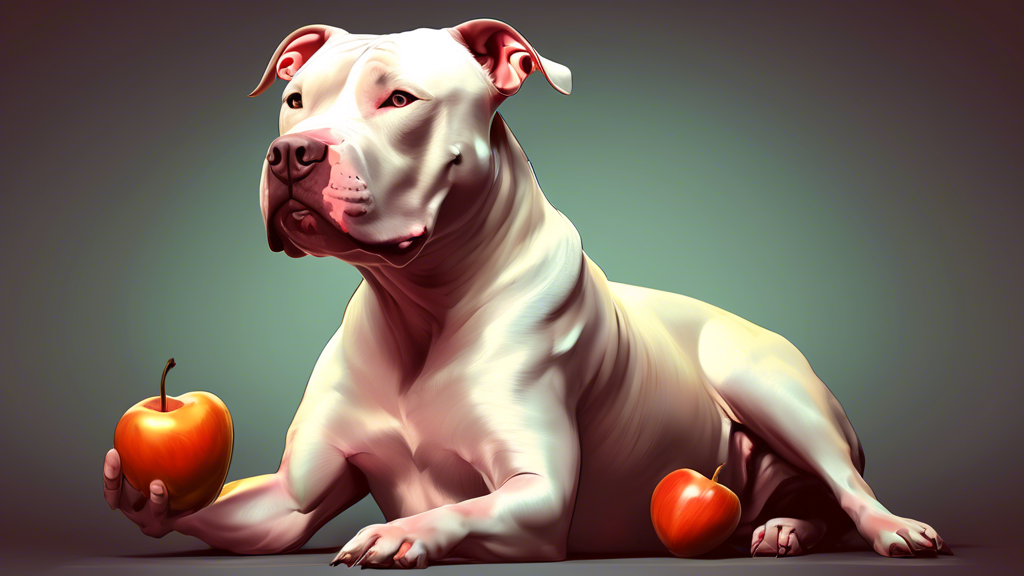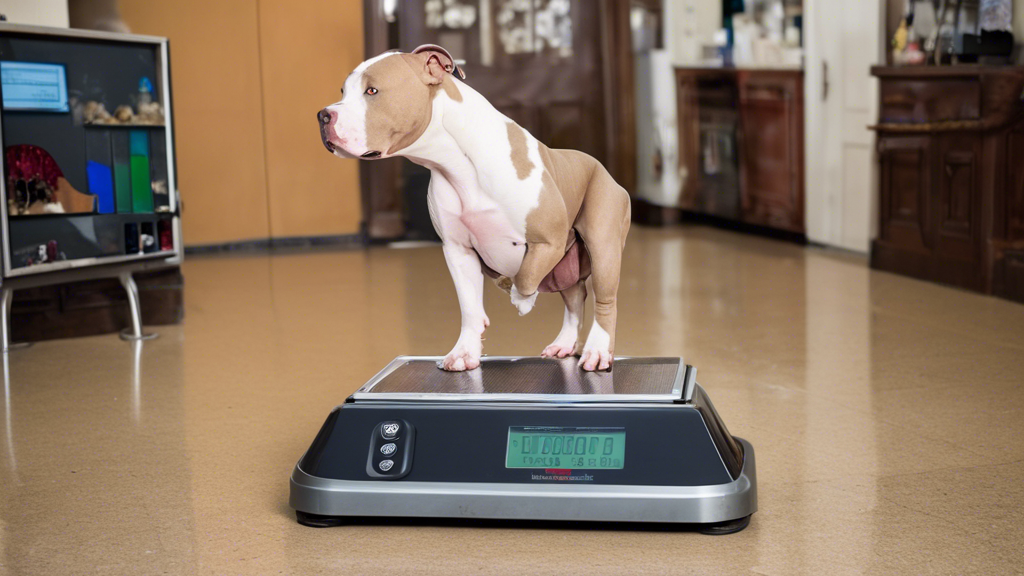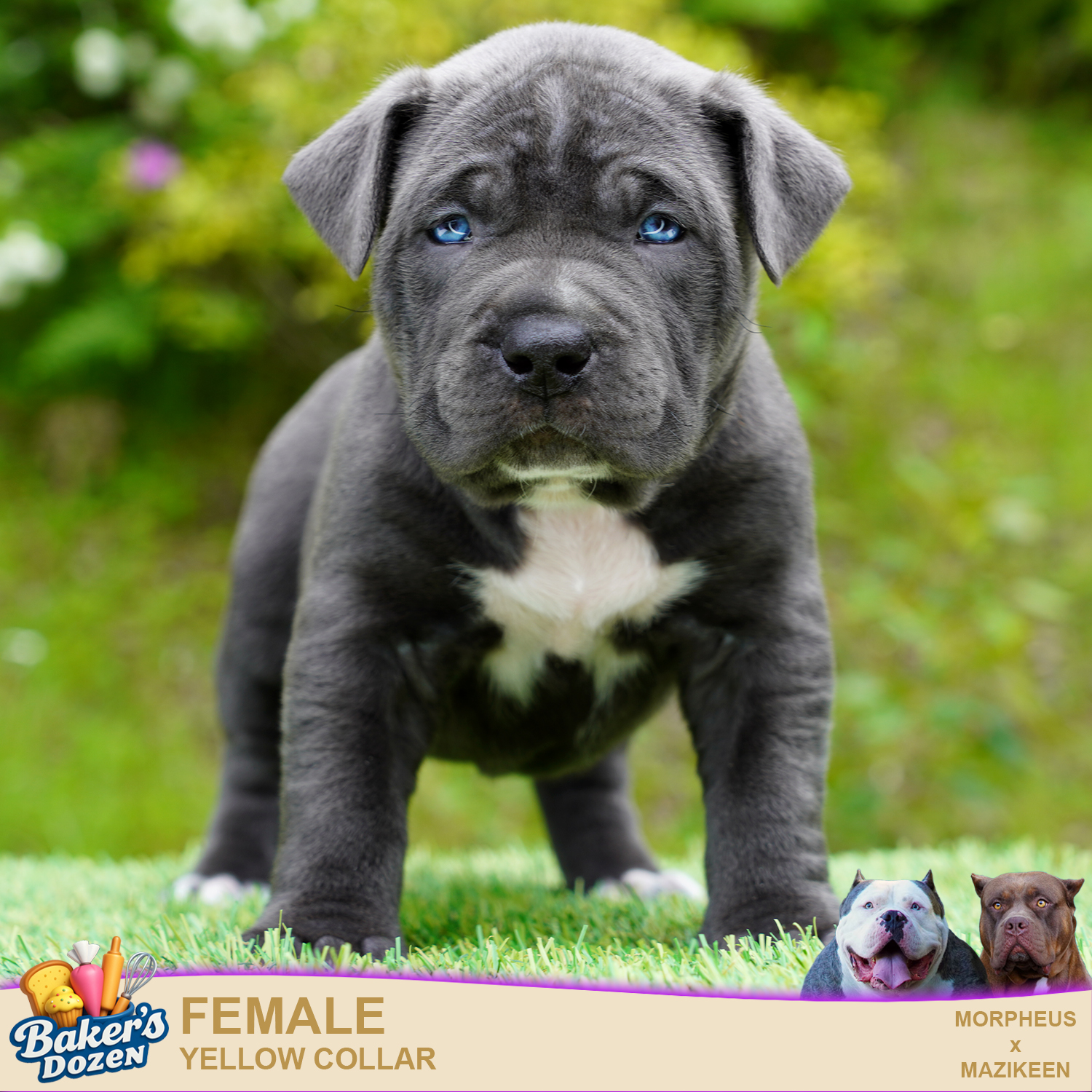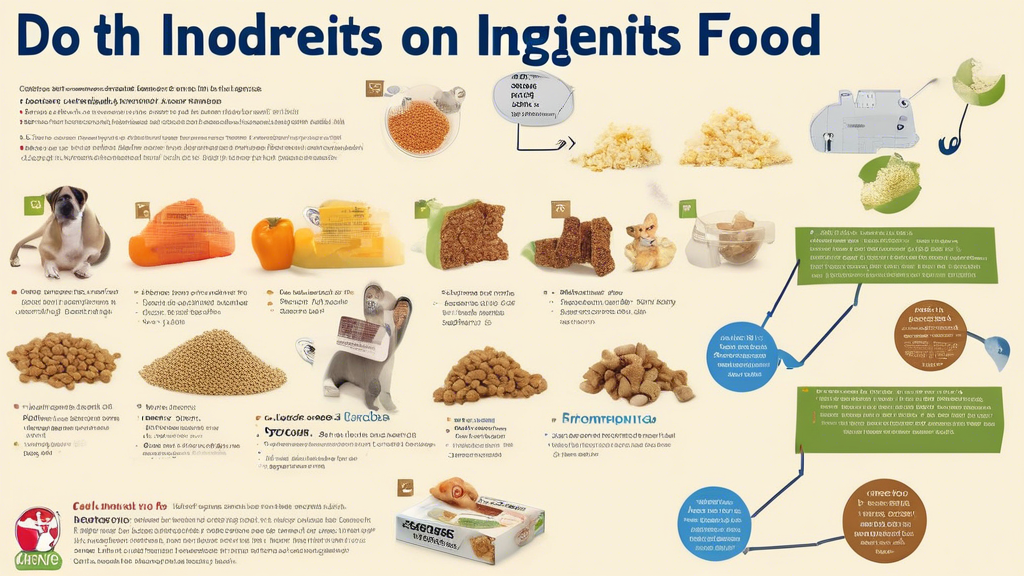**Average Pitbull Weight: A Comprehensive Guide**
Embark on a comprehensive exploration of the average weight of Pitbulls, delving into key factors that influence weight variations and their impact on overall health. Discover reliable sources for accurate weight estimates and delve into the consequences of underweight or overweight Pitbulls. Learn essential tips for maintaining optimal body weight for these beloved furry companions, empowering you with insights to ensure their well-being.
## Determining Average Pitbull Weight
The average weight of a Pitbull varies greatly depending on several factors including its size, age, sex, and bloodline. To provide an accurate estimate, it’s crucial to consider these variations.
### Variations in Pitbull Size and Weight
Pitbulls come in two main size categories: Standard and Miniature. Standard Pitbulls typically weigh between 30 and 60 pounds, while Miniature Pitbulls weigh around 15 to 25 pounds. Within these size categories, there can still be considerable variation in weight.
### Factors Influencing Pitbull Weight
**Age:** Pitbulls tend to gain weight as they age, particularly after reaching maturity around two years old.
**Sex:** Male Pitbulls are generally larger and heavier than females, with males typically weighing between 35 and 65 pounds, while females weigh between 30 and 55 pounds.
**Bloodline:** The bloodline of a Pitbull can influence its size and weight, with certain lines known for producing larger or smaller dogs.
### Reliable Sources for Average Weight Estimates
For accurate estimates of average Pitbull weight, it’s best to consult with reputable sources such as veterinary professionals, breed clubs, and reputable dog ownership organizations. These sources have access to data and research that can provide reliable weight ranges for Pitbulls of different sizes, ages, and sex.
The #1 Free Source for Pitbull & Bully Pedigrees!

## Health Implications of Pitbull Weight
Understanding the ideal weight range for Pitbulls is crucial for their overall well-being. Maintaining a healthy weight not only enhances their physical appearance but also promotes longevity and reduces the risk of various health issues.
### Ideal Body Weight Range for Optimal Health
The average weight of a Pitbull can vary depending on various factors, but a healthy weight range is generally considered to be between 30 and 60 pounds. Female Pitbulls tend to weigh less than males, typically ranging from 30 to 45 pounds. On the other hand, male Pitbulls usually weigh between 35 and 60 pounds.
### Consequences of Underweight or Overweight Pitbulls
Deviation from the ideal weight range can lead to a host of health complications.
**Underweight Pitbulls:**
* Weakened immune system
* Reduced energy levels
* Increased susceptibility to infections
* Poor muscle development
**Overweight or Obese Pitbulls:**
* Joint and bone problems (e.g., arthritis, hip dysplasia)
* Cardiovascular issues (e.g., heart disease)
* Respiratory difficulties
* Increased risk of cancer
### Tips for Maintaining a Healthy Weight for Pitbulls
To ensure your Pitbull maintains a healthy weight, consider the following tips:
* **Provide a balanced diet:** Feed your Pitbull a diet rich in high-quality protein, fiber, and essential fatty acids. Consult with your veterinarian for specific nutritional recommendations.
* **Monitor daily calorie intake:** Determine your Pitbull’s calorie needs based on their age, weight, and activity level. Avoid overfeeding to prevent weight gain.
* **Encourage regular exercise:** Engage your Pitbull in daily physical activities, such as walks, runs, or play sessions. Exercise helps burn excess calories and promotes muscle growth.
* **Avoid table scraps and treats:** While occasional treats are acceptable, excessive consumption of human food or high-calorie treats can contribute to weight gain.
Regular monitoring of your Pitbull’s weight and body condition score (BCS) is essential for early detection of weight-related issues. If you notice any significant changes in your Pitbull’s weight or appearance, consult with your veterinarian promptly to address any underlying health concerns.
**Conclusion**
In conclusion, determining the average weight of a Pitbull is not a one-size-fits-all answer due to the breed’s significant variations in size and weight. Factors such as age, sex, and bloodline can greatly influence an individual Pitbull’s weight. Reliable sources, such as veterinary professionals and breed associations, provide reliable estimates of average weight ranges.
Understanding the health implications of Pitbull weight is crucial. Maintaining an ideal body weight range is essential for optimal health and well-being. Underweight or overweight Pitbulls can experience various health issues. Thus, owners should prioritize providing a balanced diet, regular exercise, and regular veterinary checkups to ensure their Pitbulls remain within a healthy weight range. By providing proper care and attention to weight management, owners can help their Pitbulls live long, happy, and healthy lives.














Leave A Comment